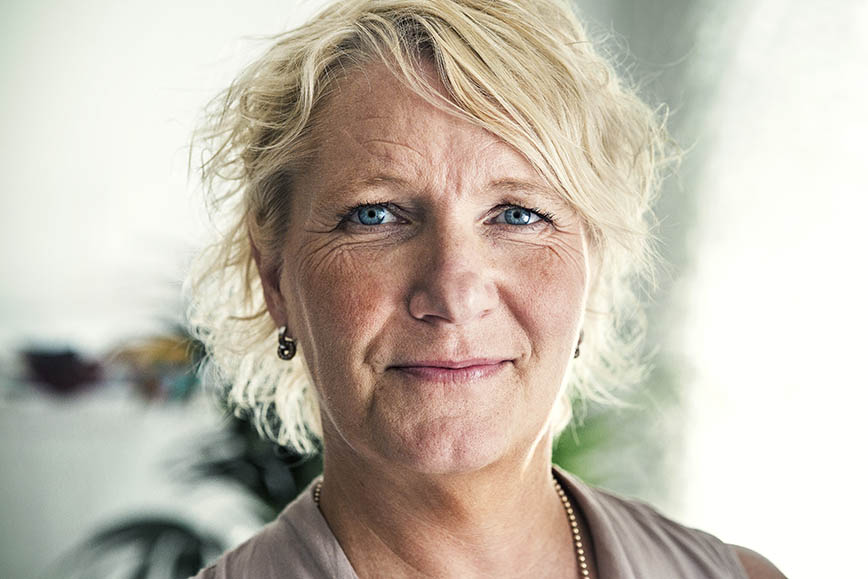KTH gets a sense of the well-being of its employees

A study is underway to determine how employees cope with the ongoing pandemic and how the work environment has been affected. The method provides quick and continuous answers. Collaboration gets good grades, but employees are feeling stressed.
"This is a joint investigation that we are conducting together with the union, and common funds fund it. It's a bit unique to KTH," says Annica Fröberg, Personnel Manager at KTH. She is responsible for the survey from the employer's side.
The participant panel consists of 500 randomly selected employees throughout KTH. Every week, they receive some new questions sent to their mobile phones. They can then quickly respond to the survey using a scale of happy to unhappy smiley icons.
"The tool is simple and flexible and allows KTH to get a rapid reading on how employees are doing, which makes it easier to work more preventively with work environment issues," says Annica Fröberg. She compares the short surveys with the larger scale and periodic employee surveys at KTH.
"We continuously interpret the data that we receive. Based on the findings that emerge, we can design and quickly send out new in-depth questions."
Actions based on the findings
Participants from both the support operations and the core operations give good marks on questions about "current leadership & support." However, Annica Fröberg notes that employees who work with support operations are more likely to feel that this factor positively impacts the work situation than those who work in the core operations.
"However, questions about the 'stress level' are rated worse by both the core and support operations," she says, adding:
"It's gratifying to see that an in-depth survey we conducted on 'community & cohesion' shows that the participants give us good grades for 'atmosphere,' 'openness in the group,' and 'collaboration.'"
Joint efforts are now underway to develop various support activities.
"For example, we're looking at how we can increase leadership support and work more with workplace meetings."
Annica Fröberg also emphasises the employees' shared responsibility for protecting each other's health.
She believes that everyone should be required to activate their webcams during workplace meetings and other digital meetings.
"It's challenging to conduct meetings when you can't see and interact with each other. It's also important to know if someone is not feeling good or is being harmed."
What does the post-pandemic future look like?
"After so much time working from home, some support and activities will certainly be necessary when everyone returns to campus."
Words: Marianne Norén

